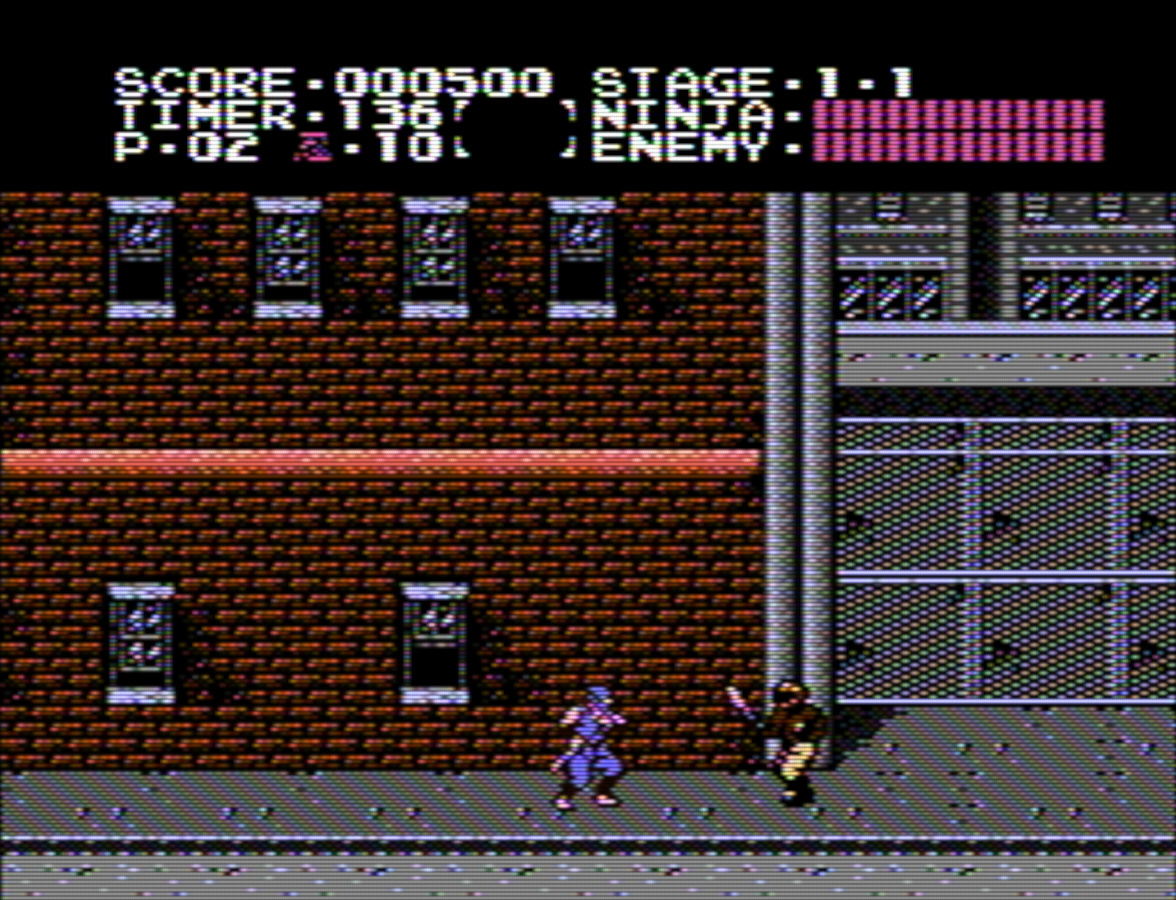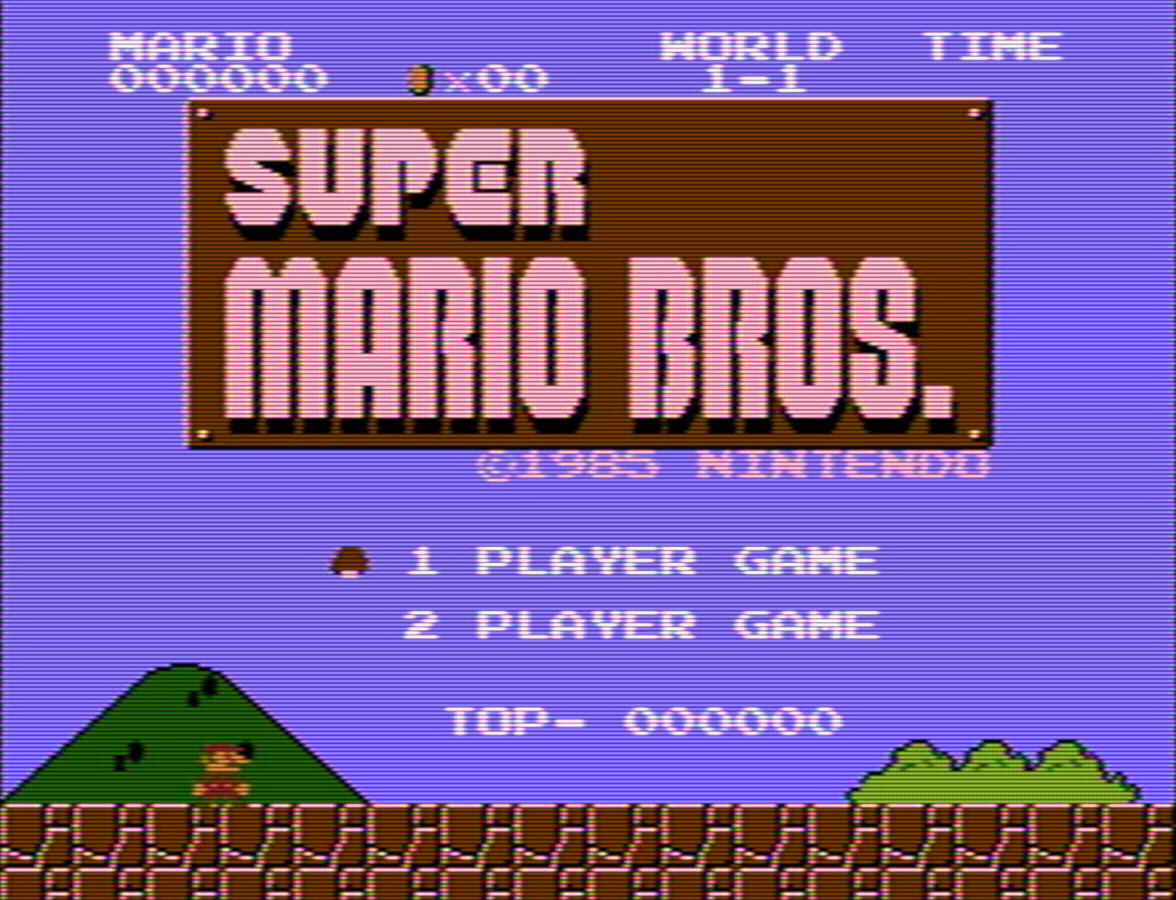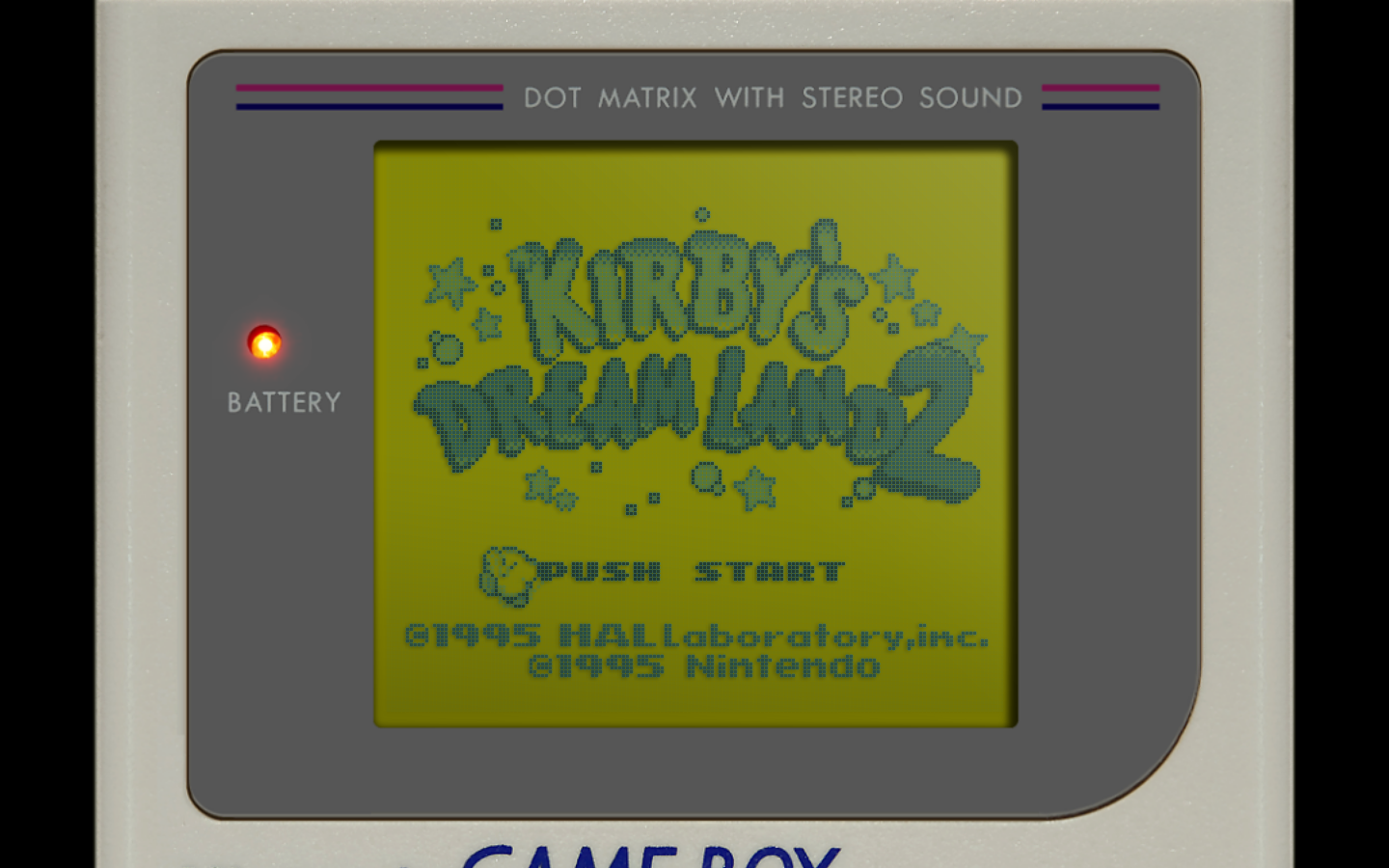To be fair, that probably is a REALLY nice broadcast-grade CRT like a SONY BVM-20F1U or something… which most people did NOT have access to back in the day.
Hell, my wealthy buddy’s family had a “flat screen” (meaning the CRT didn’t have a curved face) SONY WEGA CRT in the mid-90s and I know it had S-Video, but I’m pretty sure it didn’t even have a component connection, let alone the quality aperture grille/shadow masking, or the contrast ratio that the BVMs did (because those things were at local TV news stations running 24/7).
In reality, there’s a bunch of differences with connection types providing various levels of quality and CRT display technology , but the accessibility that new TVs give us all to astoundingly good picture quality at a pretty reasonable price means we are living in a golden era for retro gaming if you know what you’re doing.
I’ll take my gigantic 4K OLED hooked up to a MiSTer with some great shaders rendering the sub-pixel effects a real CRT has to emulate this visual effect with run-ahead to minimize the latency + input lag over anything except a BVM-20F1U in near mint condition almost any other day of the week.
TL;DR - you can emulate those sub-pixel CRT era display technology display artifacts with a decent shader on a good 4K OLED, and probably spend less than you’d need to get almost the exact same visual effect with pretty much none of the pitfalls you get with old CRTs like massive electricity use, having to carry a 150-250lb CRT, hope it has no burn-in, decent remaining bulb life, etc.




